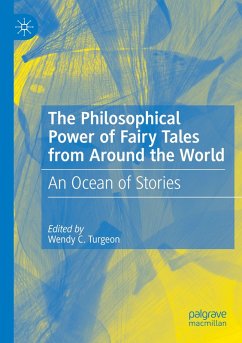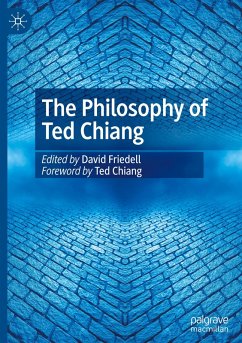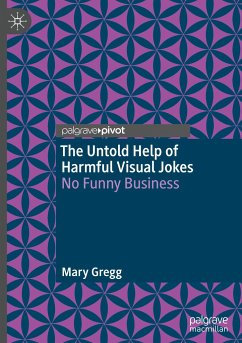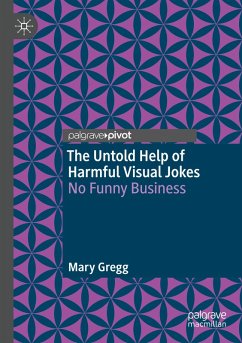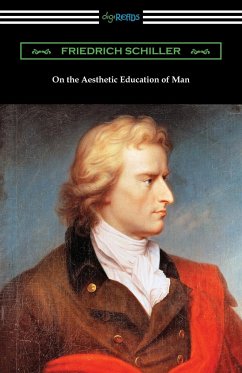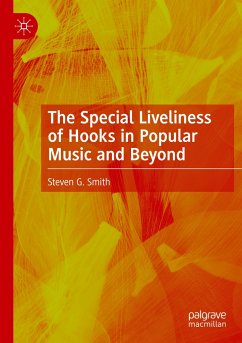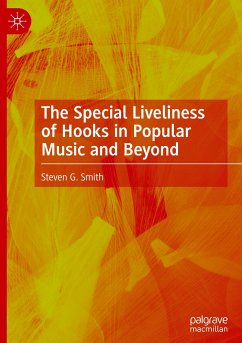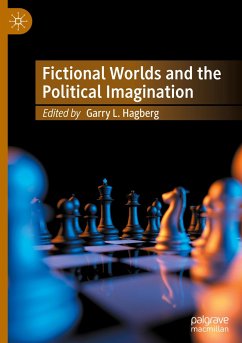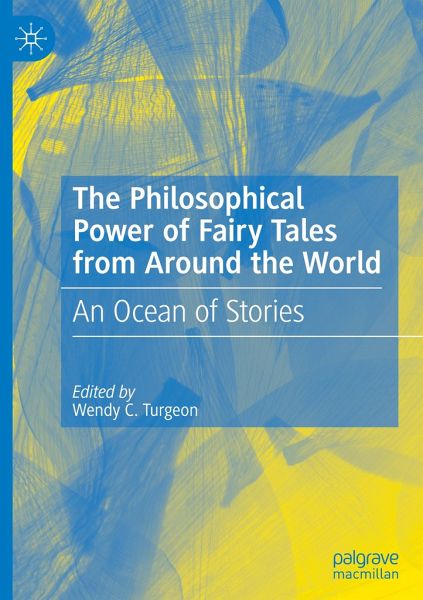
The Philosophical Power of Fairy Tales from Around the World
An Ocean of Stories
Herausgegeben: Turgeon, Wendy C.

PAYBACK Punkte
53 °P sammeln!
This book analyzes the philosophical dimensions of fairy tales from cultures all around the world. Though there is a robust literature that analyzes fairy tales from sociological and historical perspectives and psychology has also focused on mining these stories for insights, this book is unique in its focus on fairy tales as philosophical texts. Bringing together scholars from a truly global range of philosophical and literary traditions, this book shows that fairy tales encapsulate the human dilemma of living in the world, trying to make meaning, and charting a course through good and evil. ...
This book analyzes the philosophical dimensions of fairy tales from cultures all around the world. Though there is a robust literature that analyzes fairy tales from sociological and historical perspectives and psychology has also focused on mining these stories for insights, this book is unique in its focus on fairy tales as philosophical texts. Bringing together scholars from a truly global range of philosophical and literary traditions, this book shows that fairy tales encapsulate the human dilemma of living in the world, trying to make meaning, and charting a course through good and evil. The book's contributors study fairy tales from East Africa, Australia, Jewish Eastern Europe, Iran, Korea, Turkey, Indigenous North America, and beyond. Ending with a section on Philosophy for Children, this book will also be of interest to scholars and practitioners in this subfield, in addition to scholars of philosophy and popular culture and philosophy of literature.





